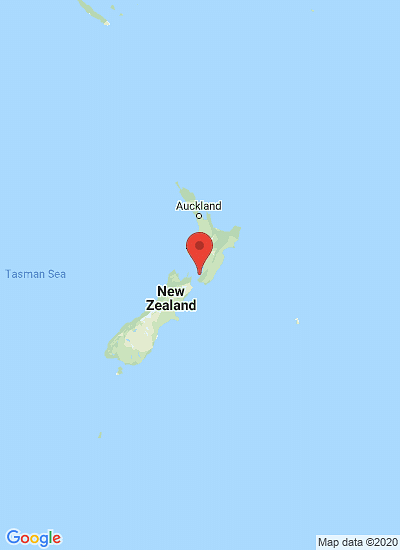An international soil scientist is calling for the authorities to look at soil quality when preparing environmental policies.
Dr John Baker, who was a finalist for the World Food Prize in 2013, says that while most local bodies have robust policies to address air and water quality, they overlook soil quality.
Farmers who have good quality soil have less runoff after heavy rain events, he says.
“The better the quality of the soil, the better the infiltration and water holding capacity at depth and therefore the lower the risk of fertiliser leaching off the land and contaminating water.”
Dr Baker, who has a MAgrSc in soil science and Ph.D. in agricultural engineering from Massey University (New Zealand), points out the most important factor that maintains and preserves soil quality is the biology of the soil. The food stuff for plants, soil fauna and microbes that grow in soil is its organic matter.
“Maintaining soil health is all about maintaining organic matter,” Dr Baker says. “If you want quality air and water and sustainable food production, you can’t do it without quality soil.
“That’s why any environmental policy should include the impact of quality soil coupled with the its ongoing destruction by conventional tillage.”
He warns that conventional tillage such as ploughing progressively destroys soil organic matter by oxidation and therefore regional councils and rural local authorities should be discouraging it.
Ploughing releases carbon into the atmosphere and depletes the micro-organisms which enrich the soil. Eventually it will lead to crop failure, soil erosion and in extreme cases, famine.
“When a farmer ploughs and cultivates a paddock it releases CO2 into the atmosphere. The vast majority (95 percent) is released from soil with the other five percent coming from tractor exhausts,” Dr Baker says.
“The amount of CO2 released by cultivation during reseeding can be approximately three tonnes per hectare.
“When you look at it from a global level, you realise that 15-20 per cent of the CO2 in the world’s atmosphere comes from ploughing.”
But it doesn’t need to happen, he insists.
He has been researching low-disturbance no-tillage for 40 years and invented and manufactured a low-disturbance no-tillage drill that penetrates through crop residue on top of the ground and sows seed and fertiliser directly into unploughed ground.
“Low-disturbance no-tillage is the equivalent of keyhole surgery as opposed to ploughing which is invasive surgery,” he says.
This is because good no-tillage causes minimal disturbance to the soil, traps the humidity, preserves micro-organisms and soil life, largely prevents carbon from escaping into the atmosphere and significantly improves crop yields. But poor no-tillage and minimum tillage achieve few of these things.
“If promoting soil quality and discouraging conventional tillage was included in all environmental policies, then local authorities would be making an investment in the future prosperity of the region because healthy soils produce greater pasture and crop yields,” he says.
Soil Scientist: 20% of Carbon Dioxide from ploughing

Like to receive news like this by email? Join and Subscribe!
Get the latest potato industry news straight to your WhatsApp. Join the PotatoPro WhatsApp Community!
Sponsored Content
Sponsored Content
Sponsored Content
Sponsored Content







